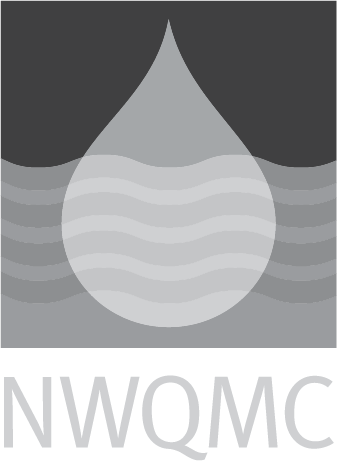DOE RESL: CHEM-TP-SR.7: Sr-90 Carbonate Method
|
Official Method Name
|
Carbonate Method for Sr-90 |
|---|---|
|
Current Revision
| June 1999 |
|
Media
|
OTHER |
|
Instrumentation
|
Beta Counter |
|
Method Subcategory
|
Radiochemical |
|
Method Source
|
|
|
Citation
|
|
|
Brief Method Summary
|
The procedure is designed to accommodate a wide range of sample types while providing high and reliable decontamination factors from a host of other fission and activation products. An initial separation of strontium as the carbonate is carried out on the majority of the liquid samples. Some types of samples contain relatively large quantities of calcium and phosphate and are wet or dry ashed. After treatment of the ashed residue, strontium is separated with calcium by one or more phosphate precipitations. The carbonate and phosphate precipitates are treated with nitric acid to convert strontium to the nitrate and separate it from calcium, phosphate and many fission and activation products. After suitable ingrowth period, Y-90 is separated and counted on Y2(C2O4)3 - 9H2O). The Sr-90 concentration is determined by beta counting its Y-90 daughter. |
|
Scope and Application
|
This procedure is applicable to low-activity and large environmental water samples. It is applicable to no more than 5 g of ash from foodstuffs and vegatation; to the ash of 1 L of milk and of 500 g of wheat. This procedure is applicable to urine samples when Sr-90-only is requested, and when actinide analyses such as uranium, plutonium, americium, plus Sr-90 in a urine sample are requested. |
|
Applicable Concentration Range
|
None given. |
|
Interferences
|
None given. |
|
Quality Control Requirements
|
QC procedures based on internal laboratory requirements for radiochemical analysis. |
|
Sample Handling
|
Take proper precautionary measures. This procedure calls for the use of 49% HF, 70% HClO4, 15 M H3PO4, 12 M HCl, 21 M HNO3, 16 HNO3, 10 NaOH, and 15 M NH4OH. Use fume hood. Wear gloves, safety glasses/face shield, and protective clothing. |
|
Maximum Holding Time
|
None given. |
|
Relative Cost
|
$51 to $200 |
|
Sample Preparation Methods
|




